Mouth Ulcers (Canker Sores) in Babies and Children – Signs, Causes and Remedies
All of us have had mouth ulcers at some point in our lives, and kids are no different. When it comes to mouth ulcers in infants, they often get distressed when they experience it for the first time, not realising that it will soon heal by itself. There are many factors which can lead to the formation of ulcers in the mouth, such as deficiency of folic acid, vitamin B12 and iron in the food. Understanding the reasons and treatment of these ulcers will help you comfort your child and get him through this uncomfortable time. And, this article has just that – all the essential information you need to know about mouth ulcers, mouth sores in kids, their causes, and ways to treat and prevent them in children.
What Are Mouth Ulcers?
Mouth ulcers are cuts/lesions that are formed in the mouth (the gums, the tongue or the insides of the cheeks). They are also called canker sores and can develop due to mouth injuries caused while brushing or during dental treatments. In some instances, these are due to vitamin deficiencies and viral infections.
Types of Mouth Ulcers
Children could get any of the following three types of mouth ulcers. They are categorised depending on their appearance and the time they take to heal. Read on to know more.
- Minor Mouth Ulcers – Minor mouth ulcers are small in size, and they appear round or oval. They are called minor because they heal in one or two weeks and leave minimal or no scarring.
- Major Mouth Ulcers – Major mouth ulcers appear bigger than the minor ones, have deeper sores and irregular edges. These ulcers take many weeks to heal completely and have a tendency to leave scarring because they run deep.
- Herpetiform Ulcers – Its a sub-type of aphthous ulcers and as the name suggests they resemble the ulcers caused due to herpes, but they are non-contagious. Although most cases of mouth ulcers do not require medical attention, there are some, which may cause immense discomfort and would need a diagnosis. You must then take your little one to a paediatrician for immediate treatment or just to rule out serious complications. Now, let’s take a look at the causes of mouth ulcers in children.
Causes of Mouth Ulcers in Children
The most common cause of mouth ulcers in children is injury. However, there are cases wherein children have developed mouth ulcers since they run in the family. Here are some reasons that can cause mouth ulcers in infants and children:
- Ulcers can be caused by a deficiency of vitamins in children.
- Allergy from food or other irritants can lead to ulcer formation.
- Mouth ulcers can be triggered by minor injuries in the mouth. Biting yourself or using a hard toothbrush can cause mouth injuries, which may lead to ulcers.
- The problem can be genetical too.
- Ulcers can also occur due to viral infections.
- Emotional stress or anxiety can sometimes trigger the development of mouth ulcers in children.
- Hormonal fluctuations, especially during puberty, can contribute to the occurrence of mouth ulcers in some children.
When children are too young to explain the discomfort, parents may not be able to figure out what’s happening to them. To treat the issue as soon as it is detected, you must know the signs and symptoms of mouth ulcers.
Signs and Symptoms of Mouth Ulcers in Children
It is easy to identify a mouth ulcer due to its distinguished appearance in the mouth. Following are the signs and symptoms of mouth ulcers in babies and kids:
- This is the first appearance of an ulcer symptom in kids. An ulcer appears round with a white or yellowish sore centre with a red halo.
- Continuous burning sensation at the affected area inside the mouth.
- Pain or burning sensation experienced by the kid while brushing or chewing can be an indication of a mouth ulcer.
- Tenderness and swollen skin around the sores is a symptom of ulcers.
- The ulcers can bleed while brushing or eating food. Canker sores which are caused by a viral infection can also be accompanied by fever.
- Ulcers can also lead to a loss of appetite.
Children might sometimes get a cold sore, which might be confused with a mouth ulcer. Here’s how cold sores are different from mouth ulcers/ canker sores.
Diagnosis of Mouth Ulcers in Children
Diagnosing mouth ulcers in children involves a systematic approach to identify the underlying cause and ensure appropriate treatment. Here are key points in diagnosing mouth ulcers in children:
- A thorough examination of the mouth and oral cavity by a healthcare provider is crucial to identify the characteristic appearance of the ulcers.
- Gathering information about the child’s medical history, including recent illnesses, medications, allergies, and any family history of similar conditions, can provide important clues.
- In some cases, especially if there are recurrent or severe ulcers, laboratory tests such as blood tests may be ordered to check for underlying conditions like nutritional deficiencies or systemic diseases.
- Occasionally, if the diagnosis is unclear or if the ulcers are particularly severe or persistent, a small tissue sample (biopsy) may be taken for further examination under a microscope.
Difference Between Canker Sore and Cold Sore
Canker sores are completely different from a cold sore. Canker sores appear in the soft tissues of the mouth and are not contagious. Cold sores, also known as fever blisters, are caused by herpes simplex virus and are contagious. Cold sores generally appear on the outside of the lips.
Once the type of mouth ulcer is identified, the medical practitioner can suggest appropriate treatment to your little one. Let’s find out what can be done to ease your child’s discomfort when he develops a mouth ulcer.
Impact of Mouth Ulcers on a Child’s Health
Mouth ulcers can significantly impact a child’s health, affecting their eating habits, oral hygiene, and overall well-being. Here are several ways in which mouth ulcers can affect a child’s health:
- Mouth ulcers can cause significant pain, making it uncomfortable for children to eat, drink, or speak.
- Severe ulcers may impair a child’s ability to eat properly, potentially leading to inadequate nutrition and weight loss.
- Children may avoid brushing their teeth properly due to pain from mouth ulcers, leading to compromised oral hygiene and an increased risk of dental problems.
- Chronic or recurrent ulcers can cause emotional distress, affecting a child’s mood and quality of life, especially if they interfere with school or social activities.
Treatment Options for Mouth Ulcers in Children
As mentioned earlier, mouth ulcers do not require any special medication and heal on their own in a few days or a couple of weeks, depending on their size. The pain from the sores usually subsides within three to four days.
It is better to avoid hot, spicy or citrus food as they will make the ulcers hurt even more. The paediatrician may suggest applying teething gel or cream on the affected area.
In case of severe pains in the sores, you can request your doctor to give a proper dose of over the counter pain relievers such as acetaminophen or ibuprofen. It is advised not the give any kind of medication to your child without first consulting the doctor.
Home Remedies for Mouth Ulcers in Children
Below are some home remedies you can try if your child gets a mouth ulcer. These mouth ulcer in child home remedies could be used for minor mouth ulcers. However, if your child has a fever and shows signs of cold, you must take him to a medical practitioner and skip these home remedies.
- Apply an ice cube on the affected area. This will help reduce the pain.
- If your child has been introduced to solids, you may apply some ghee on the affected area.
- Keep them hydrated. Ensure they drink enough water.
- Avoid acidic and spicy foods completely till the ulcers are healed.
How to Prevent Mouth Ulcers?
It is difficult to prevent mouth ulcers as the exact cause cannot be determined. You may, however, try these methods to prevent mouth ulcers in your children, although there is no assurance that these work.
- In case a sore re-appears in the same area inside your child’s mouth multiple times, it can be due to a sharp edge of the tooth. In such situations, it is advised to visit a dentist and get the tooth checked.
- Parents can take precautionary measures to stop the spread of cold and canker sores by washing their hands before touching or feeding the baby. This is vital for parents with newborns who have a weak immune system.
- In case the child has a cold sore, it is important to make sure that they do not touch their eyes after touching the sore as it could cause an infection.
- Ensuring a good diet rich in vitamins, folic acid, and iron can help reduce the chances of your baby developing mouth ulcers. You must also ensure that your baby drinks enough water every day.
- Keeping the surroundings clean will also reduce the chances of your baby developing mouth ulcers, especially when your baby tends to put toys, clothes, etc. in his mouth.
When Should You Call the Doctor?
If the mouth ulcers take too long to heal, you should visit the doctor and get your child checked.
You should consult a doctor immediately if you notice any of the following symptoms in your child:
- Very dark urine at very long intervals with a dry mouth and no tears. This could be a case of severe dehydration.
- The child looks very sick.
- Red, swollen, and tender gums or presence of sores on the outer lips as well.
- If the formation of ulcers has begun after medication.
- If you think any chemicals could have caused ulcers in the mouth.
- In case sores develop on the gum near a tooth accompanied with a toothache.
- If there is a large lymph node under the jaw or the child is suffering from fever or swollen face.
FAQs
1. Can mouth ulcers in babies be a sign of an underlying systemic condition?
Yes, while uncommon, recurrent or unusually severe mouth ulcers in babies could sometimes indicate systemic conditions such as nutritional deficiencies, immune system disorders, or gastrointestinal disorders. It’s important to consult a pediatrician for proper evaluation.
2. Is there a link between mouth ulcers and certain medications in children?
Yes, some medications, such as non-steroidal anti-inflammatory drugs (NSAIDs), can occasionally cause mouth ulcers as a side effect. If a child develops ulcers shortly after starting a new medication, it’s advisable to consult a healthcare provider to assess if there is a connection.
3. Can teething cause mouth ulcers in babies?
Teething itself does not directly cause mouth ulcers. However, the increased salivation during teething can sometimes irritate the gums and lead to secondary ulcers if the area is not kept clean.
This was all about sores on baby’s mouth. Mouth ulcers can be frustrating to deal with for many children. The exact cause of why kids get mouth ulcers is hard to pinpoint. It can be quite difficult for even the most cautious parents to prevent it with effectiveness. However, certain precautions can be taken by the parents, such as proper hygiene and a balanced diet to reduce the occurrence of mouth ulcers.
References/Resources:
1. Canker Sores (Aphthous Ulcers) in Children; Cedars Sinai; https://www.cedars-sinai.org/health-library/diseases-and-conditions—pediatrics/c/canker-sores-aphthous-ulcers-in-children.html
2. Aphthous Stomatitis (Canker Sores); Cincinnati Children’s Hospital; https://www.cincinnatichildrens.org/health/a/aphthous-stomatitis
3. Canker Sores (Aphthous Ulcers); Nemours Kids Health; https://kidshealth.org/en/parents/canker.html
4. Mouth Ulcers; Seattle Children’s Hospital; https://www.seattlechildrens.org/conditions/a-z/mouth-ulcers
5. Canker Sores (Aphthous Ulcers) in Children; University of Rochester Medical Center; https://www.urmc.rochester.edu/encyclopedia/content.aspx?ContentTypeID=90&ContentID=P01843
6. Canker Sores; American Dental Association; https://www.mouthhealthy.org/all-topics-a-z/canker-sores/
7. Canker sores (mouth ulcers): Learn More – What can you do if you have a canker sore?; National Library of Medicine; https://www.ncbi.nlm.nih.gov/books/NBK546251/
Also Read:
Head Lice in Infants & Children
Heart Murmur in Babies & Kids
Worm Infection in Infants and Kids
Cerebral Palsy in Babies & Children






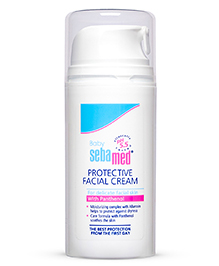
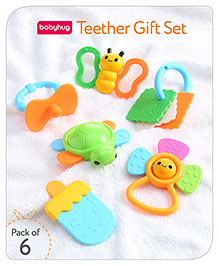
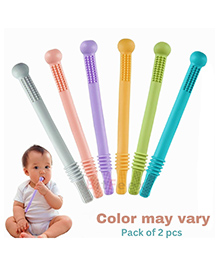
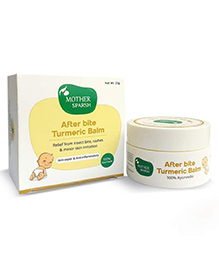
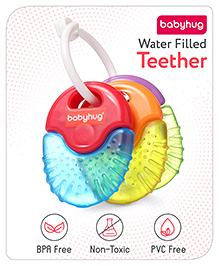
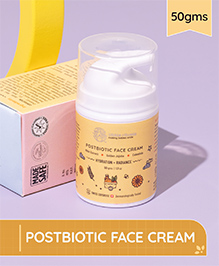



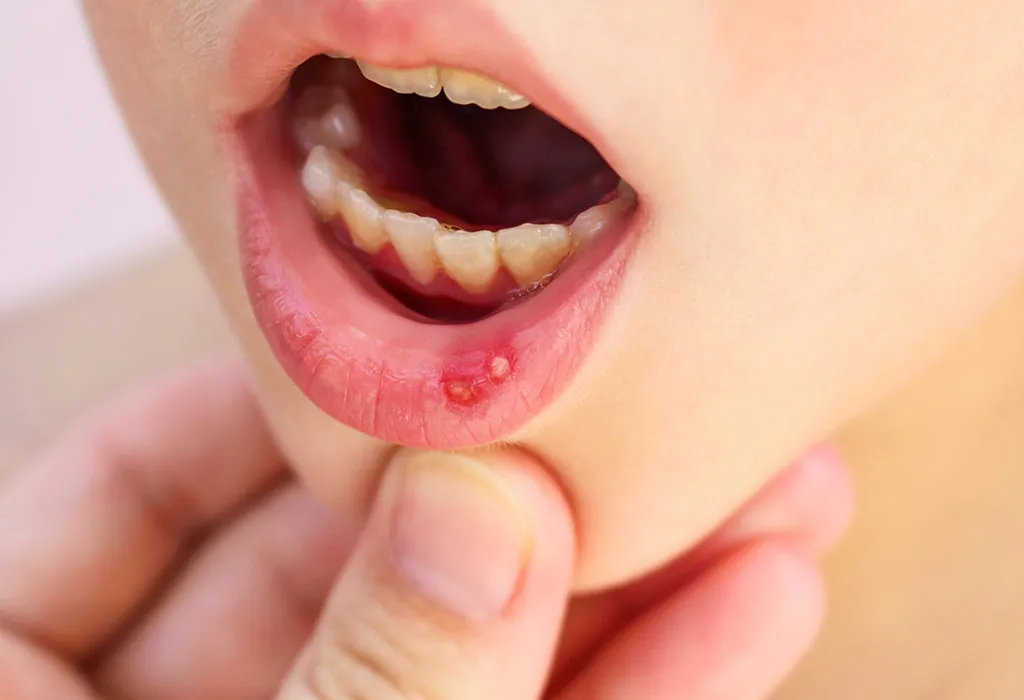
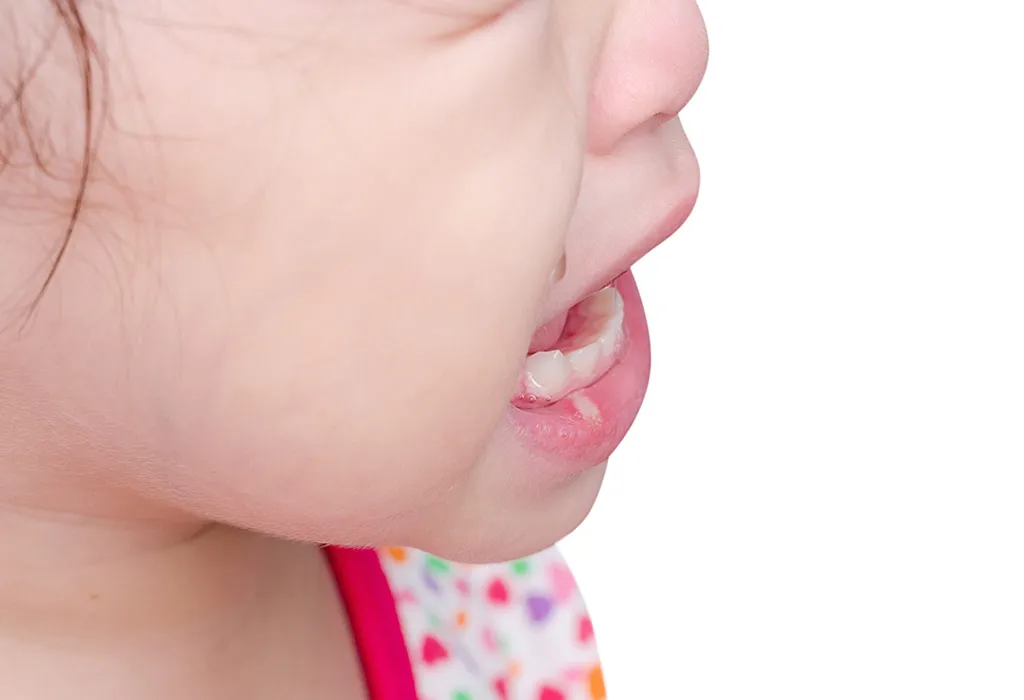

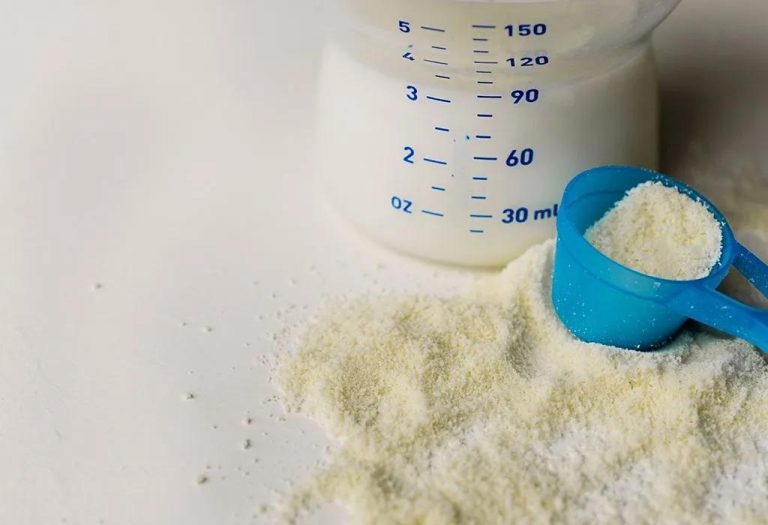

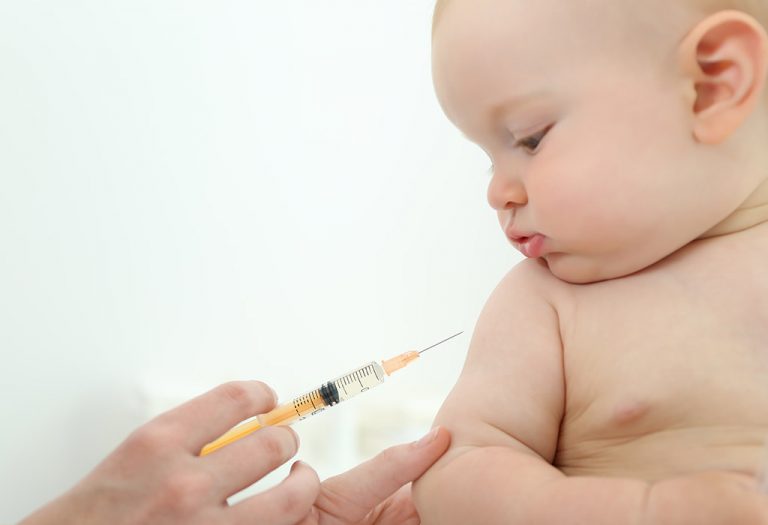



.svg)


















